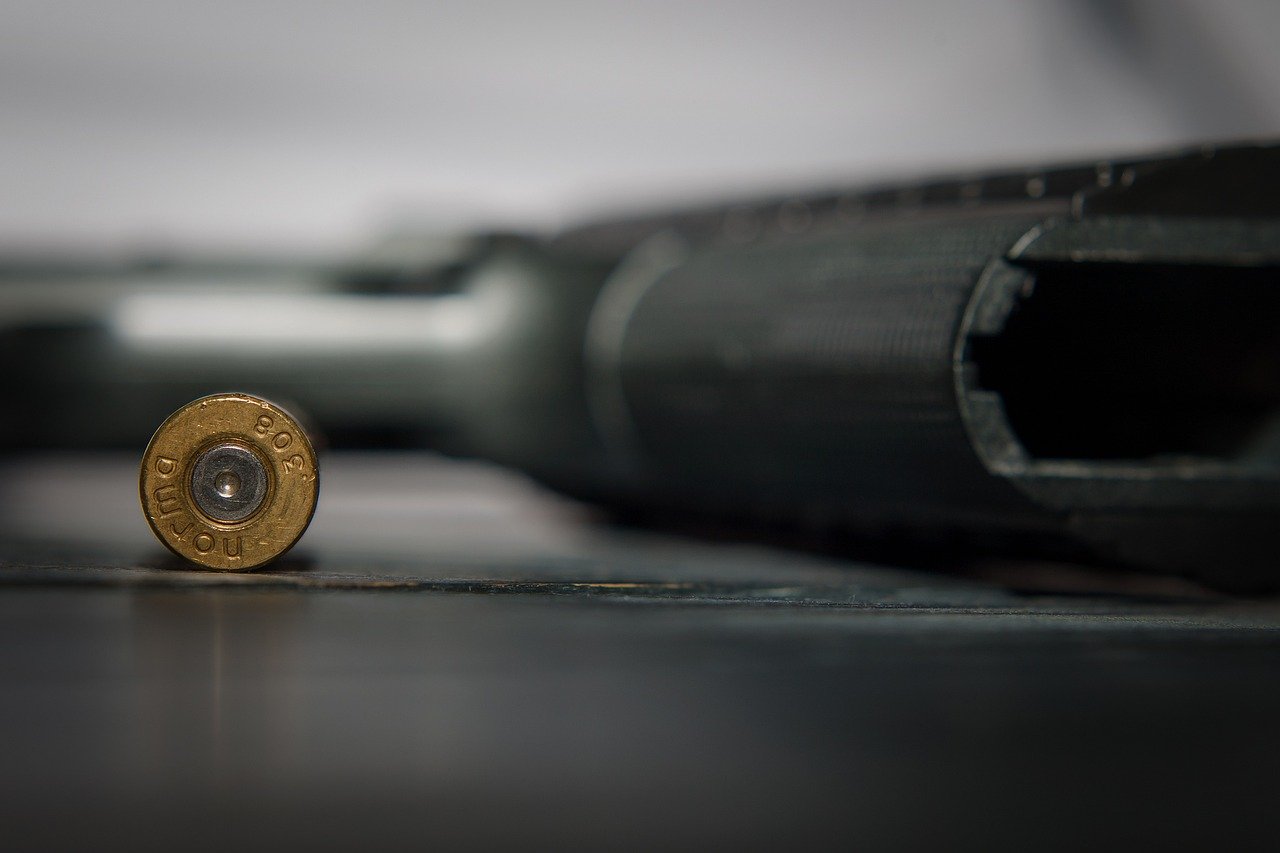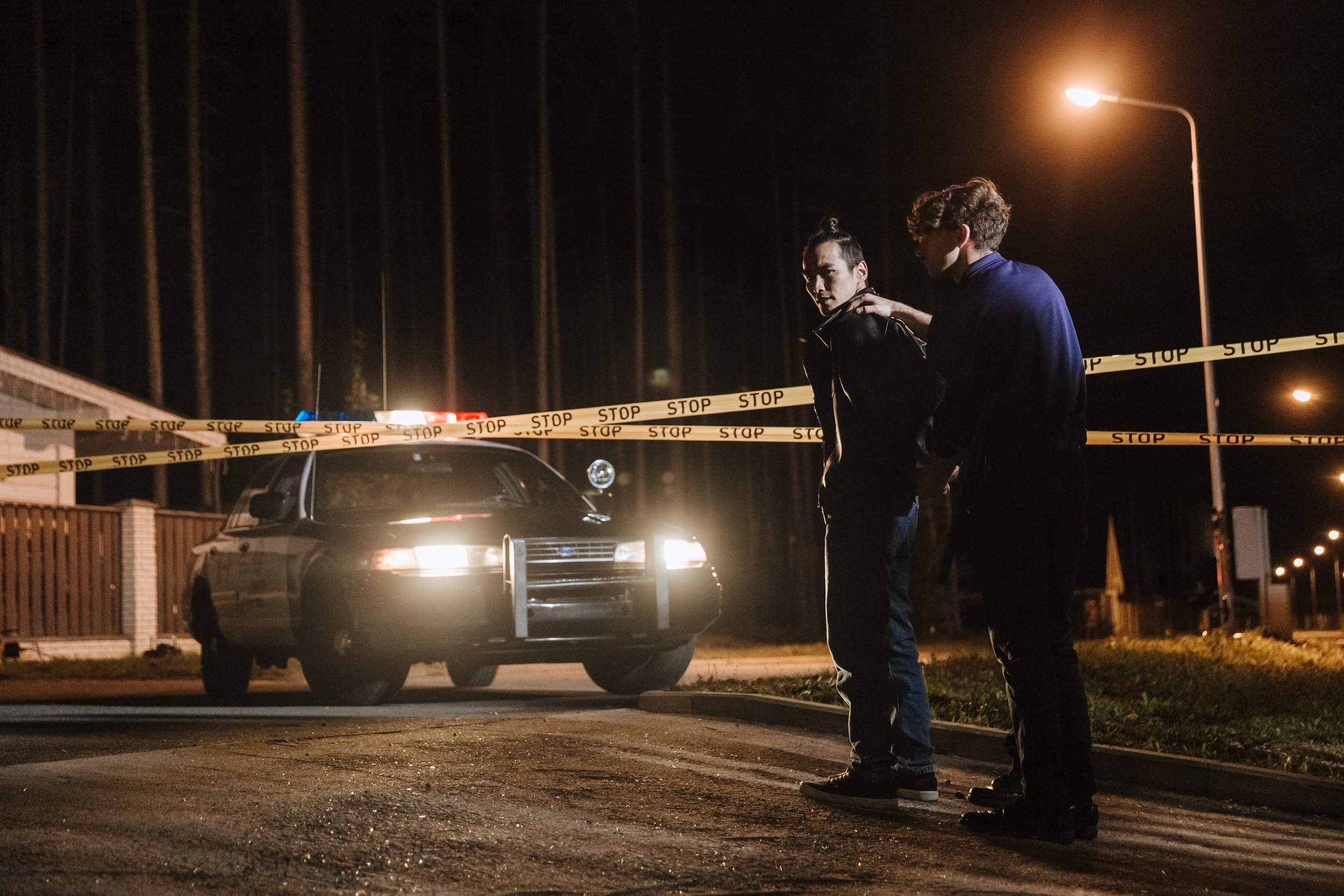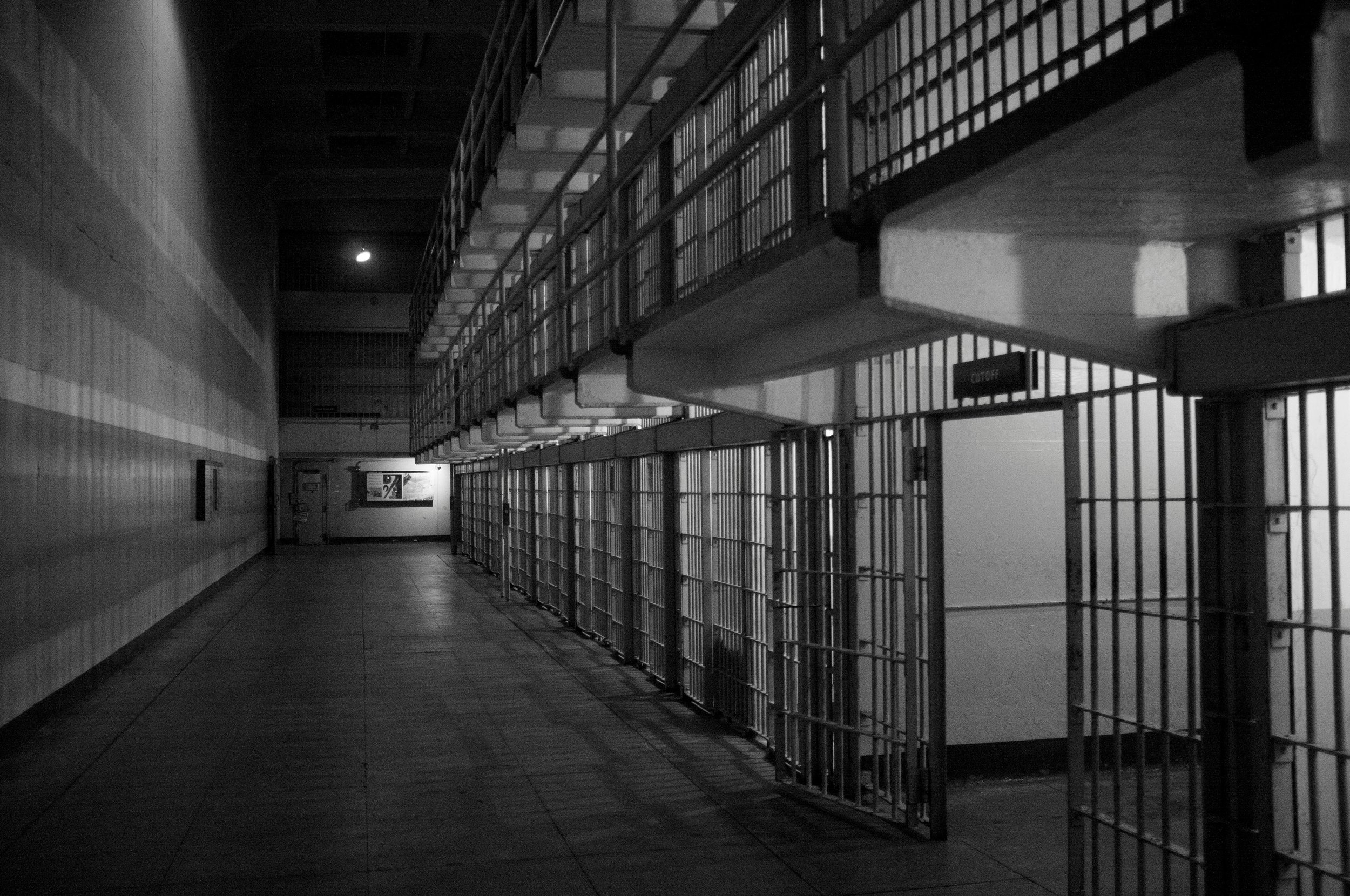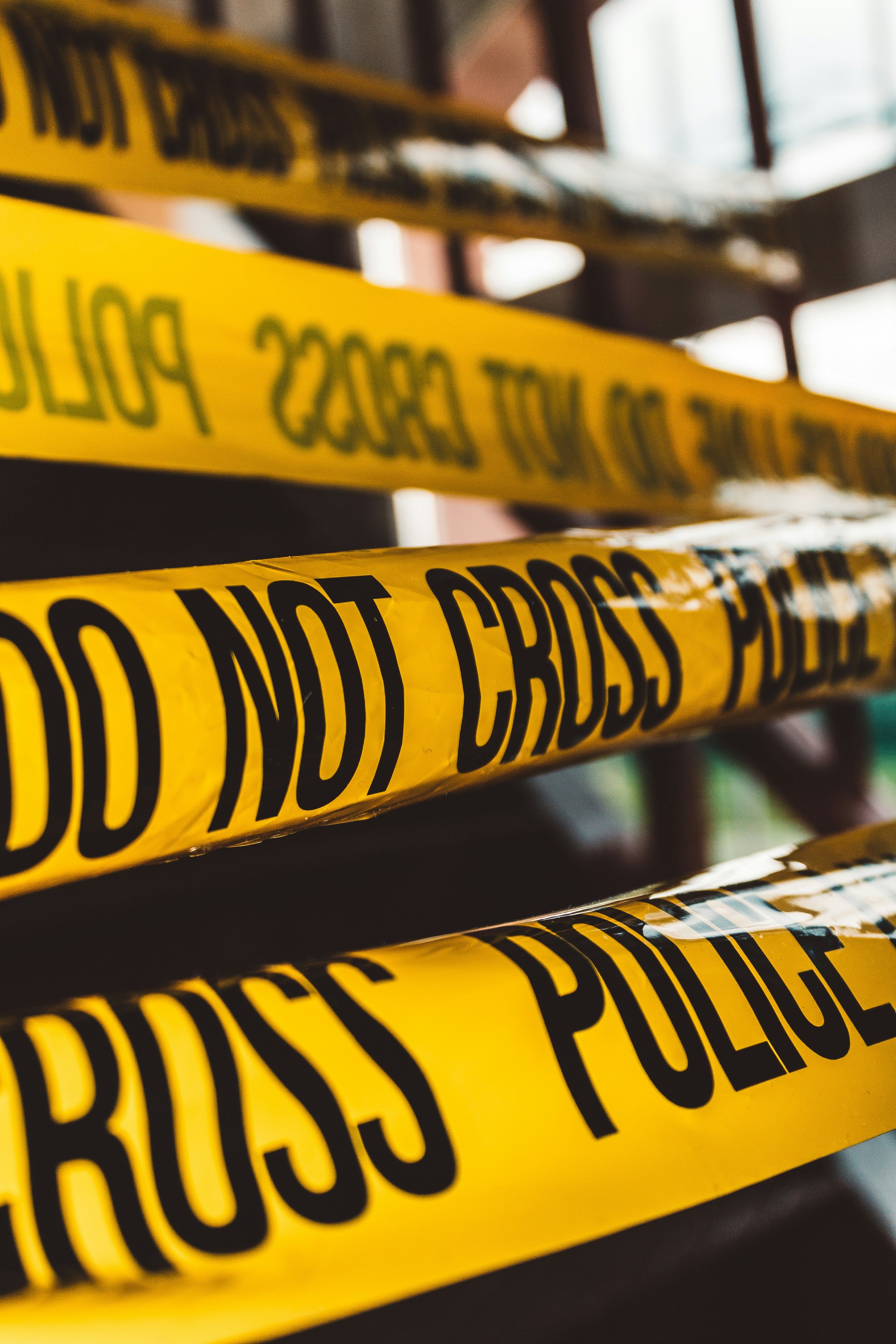
Major Crimes
Criminal Defense Lawyer Serving Philadelphia
Major Crimes Defense Attorney in Philadelphia
When facing charges of violent or major crimes, the consequences can be severe and life-altering. From long-term imprisonment to a tarnished reputation, a conviction for a violent or major crime can have devastating consequences. That's why it's essential to have an experienced criminal defense attorney on your side who can help you navigate the complex legal process and defend your rights.
Whether you've been charged with assault, battery, robbery, or any other type of violent or major crime, Jules Szanto has the expertise and knowledge to help you achieve the best possible outcome in your case. With real world experience defending clients against these types of charges, Jules Szanto will work tirelessly to protect your rights and ensure that you receive a fair trial. Don't wait, contact Jules Szanto today to schedule a consultation and learn more about our major crime defense services.
Major Crimes in Philadelphia
Major crimes, such as assault and battery, are among the most serious criminal offenses that a person can be charged with. These charges can result in severe consequences, including long-term imprisonment and a criminal record. In these circumstances, it is crucial to have an experienced criminal defense attorney like Jules Szanto to guide you through the legal process and defend your rights. Below are some of the types of violent or major crimes in Philadelphia that Szanto Law can help you with.
Assault
Assault is a type of crime that involves causing harm or fear of harm to another person. This can include physical harm, such as hitting or punching someone, or threatening harm, such as brandishing a weapon or making a threat to cause harm. This can be anything from a fight outside a bar to negligently injuring another person with a deadly weapon, such as a kitchen knife.
Sexual assault notwithstanding, there are different types of major crimes which can be classified as assault. Assault can be charged as a misdemeanor or a felony, depending on the severity of the crime and the circumstances surrounding the incident. Simple assault as a misdemeanor of the second degree, which can carry up to two years of incarceration, and is defined as when an individual intentionally, knowingly, or recklessly causes bodily injury to another person. Simple assault of the third degree, however, can carry up to one year of incarceration, and is generally defined when two people voluntarily engage in a fight, defined by the law as “mutual consent.”
Aggravated Assault
Aggravated Assault is a type of crime in Philadelphia that involves causing serious harm or fear of serious harm to another person. Unlike simple assault, which is typically defined as causing bodily injury or engaging in a fight, Aggravated Assault involves the use of a deadly weapon or the intent to cause serious bodily injury. This can include incidents such as using a knife, gun, or other dangerous weapon to threaten or harm someone, or intentionally causing serious injury to another person.
Aggravated Assault can be charged as a felony in Philadelphia, and the consequences of a conviction can be severe. Depending on the circumstances of the crime and the severity of the harm caused, a person convicted of Aggravated Assault can face years in prison, significant fines, and a criminal record that can impact their future opportunities. These charges can arise if an individual attempts to cause serious bodily injury to another or attempts bodily injury to another with a deadly weapon.
Bodily Injury
In Philadelphia, "bodily injury" is defined as physical pain, illness, or any impairment of physical condition. This can include cuts, bruises, broken bones, or other physical injuries caused by an act of violence or negligence. The definition of bodily injury is relevant in criminal cases such as assault, where the prosecution must prove that the accused caused bodily injury to another person in order to secure a conviction.
Serious Bodily Injury
In Philadelphia, serious bodily injury is defined as an injury that creates a substantial risk of death or causes serious, permanent disfigurement, or loss or impairment of the function of any bodily member or organ. This definition includes, but is not limited to, serious physical injury, such as broken bones, cuts requiring stitches, or loss of consciousness. Serious bodily injury is a more severe form of injury than simple bodily injury and is often used in the context of criminal cases, such as assault or battery charges.
What exactly qualifies as a deadly weapon?
In Philadelphia, a "deadly weapon" is defined as any instrument which is readily capable of causing death or serious bodily injury. This includes firearms, knives, and other cutting instruments, blunt objects, and even vehicles when used in a manner that is likely to cause death or serious bodily injury. It can be anything from a padlock on a keychain to the jagged rim on a tuna can being used by an individual in a violent fashion.
The determination of whether an object is a deadly weapon depends on the specific circumstances of the case, including the manner in which the object was used and the potential for harm. A court may consider factors such as the size, shape, and sharpness of a knife, or the speed and weight of a vehicle, in determining if it is a deadly weapon.
For purposes of aggravated assault, a deadly weapon is defined as any firearm, whether loaded or unloaded, or any device designed as a weapon and capable of producing death or serious bodily injury, or any other device or instrumentality which, in the manner in which it is used or intended to be used, is calculated or likely to produce death or serious bodily injury.
Protected Classes
In Philadelphia, a "protected class" refers to a group of individuals who are protected by law from discrimination or harassment based on certain characteristics, such as race, religion, gender, age, national origin, and sexual orientation. In the context of assaults, a protected class can refer to individuals who are targeted for violence or threats of violence because of their membership in a particular group. For example, an assault against someone because of their race, religion, or sexual orientation would be considered a hate crime and could result in more severe penalties under the law.
The following are considered "protected classes" in Philadelphia in regards to assaults:
Law enforcement officers
Firefighters
Emergency medical services personnel
School employees
Employees of a state or local correctional institution
Sports officials
Employees of a public transportation system
Individuals who are elderly or disabled.
One can be charged with aggravated assault for something as simple as pushing their way through a SEPTA turnstile and making contact with an uninformed SEPTA employee.
Contact Szanto Law for Major Crime Defense
If you or a loved one have been charged with a violent or major crime, it is essential to secure experienced legal representation as soon as possible. Contact Szanto Law today to schedule a consultation and learn more about our violent or major crime defense services. Jules Szanto is dedicated to fighting for your rights and ensuring the best result possible.




